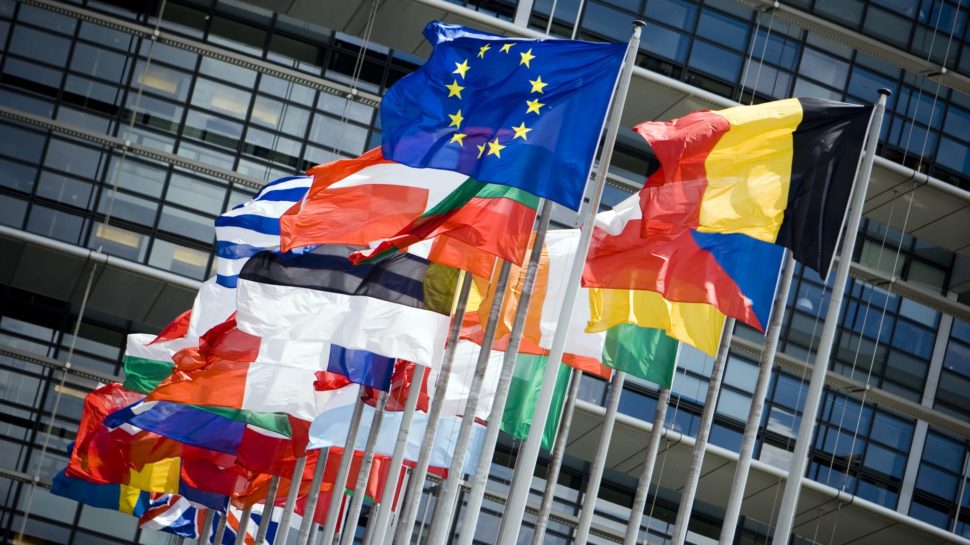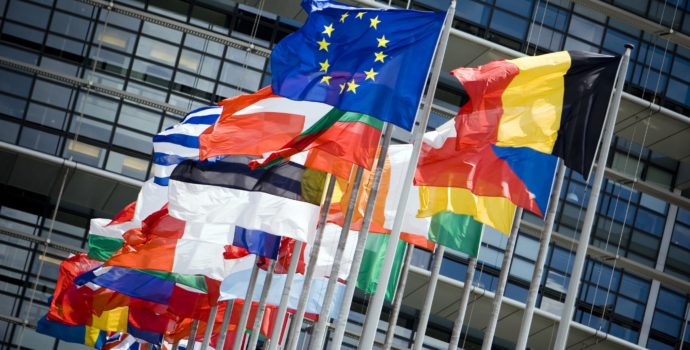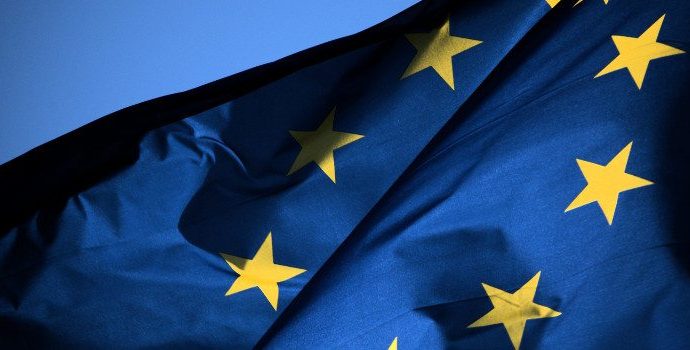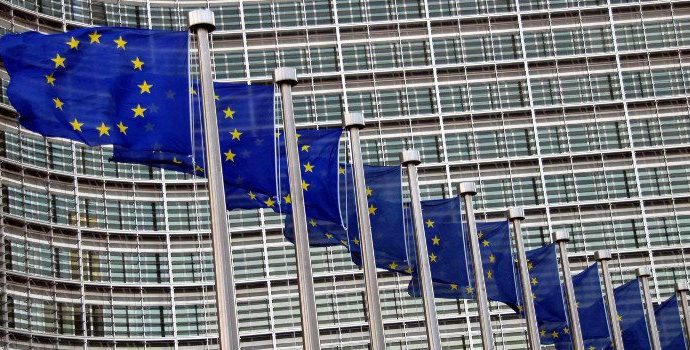European Commission Daily News 12th April

Coronavirus Response: Commission proposes to exempt vital goods and services distributed by the EU from VAT in times of crisis
The European Commission has today proposed to exempt from Value Added Tax (VAT) goods and services made available by the European Commission, EU bodies and agencies to Member States and citizens during times of crisis. This responds to the experience gained during the course of the coronavirus pandemic. Today’s initiative will maximise the efficiency of EU funds used in the public interest to respond to crises, such as natural disasters and public health emergencies. Once in place, the new measures will allow the Commission and other EU agencies and bodies to import and purchase goods and services VAT-free when those purchases are being distributed during an emergency response in the EU. The recipients might be Member States or third parties, such as national authorities or institutions (for example, a hospital, a national health or disaster response authority). Goods and services covered under the proposed exemption include, for instance: diagnostic tests and testing materials, and laboratory equipment; personal protective equipment (PPE); tents, camp beds, clothing and food; development, production and procurement of necessary products, research and innovation activities, strategic stockpiling of products; pharmaceutical licences, quarantine facilities, clinical trials, disinfection of premises, etc. Commissioner for the Economy, Paolo Gentiloni said: “The COVID-19 pandemic has taught us that these kinds of crises are multifaceted and have a wide-ranging impact on our societies. A rapid and efficient response is essential, and we need to provide the best response now in order to prepare for the future. Today’s proposal supports the EU’s goal to react to crises and emergencies in the EU. It will also ensure that the financial impact of EU-level relief efforts to fight the pandemic and support the recovery is maximised.” A press release and more information are available online.
Foresight report: How might the European bioeconomy look in 2050?
Experts in the Commission’s Joint Research Centre (JRC) have built four alternative scenarios for the EU bioeconomy in 2050. They follow the European Commission’s 2020 Strategic Foresight Report which mentioned the potential of sustainable bioeconomy to transform Europe’s agricultural and industrial base and to create new jobs whilst enhancing our natural resources and ecosystems. Each scenario describes the world, Europe and the bioeconomy in 2050, but with political and policy variations, and consider the contributions to the objectives of the EU Bioeconomy Strategy and to selected United Nations Sustainable Development Goals. Vice-President Maroš Šefčovič for Interinstitutional Relations and Foresight said: “Strategic foresight helps identify future challenges and ways to prepare for them, by supporting decision-making in an impactful way. Applied to bioeconomy, it is therefore vital, as we live in a world of limited resources. Deploying a sustainable and circular bioeconomy will help us create new bio-based value chains across Europe, while showing that prosperity and the health of our environment can go hand in hand.” Mariya Gabriel, Commissioner for Innovation, Research, Culture, Education and Youth, said: “Policies addressing all sectors of activity are more robust if supported by collective intelligence. The foresight process carried out by the European Commission provides scenarios alongside the opportunities and challenges they represent and helps to shape the future we want. This study by the Joint Research Centre is an important contribution and I invite all to enjoy the reading.” The Commission plans to further explore these scenarios, in order to facilitate and strengthen strategic and systemic reflections amongst key stakeholders of the European bioeconomy. For more information on the scenarios and the report, read the JRC press release.
Read the European Commission Daily News in full here.




